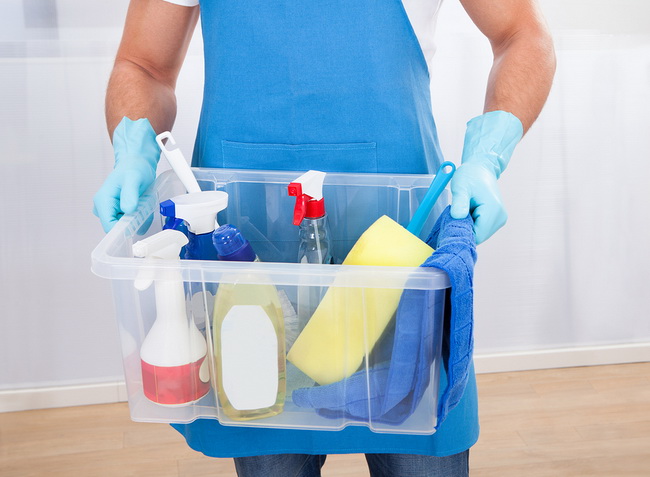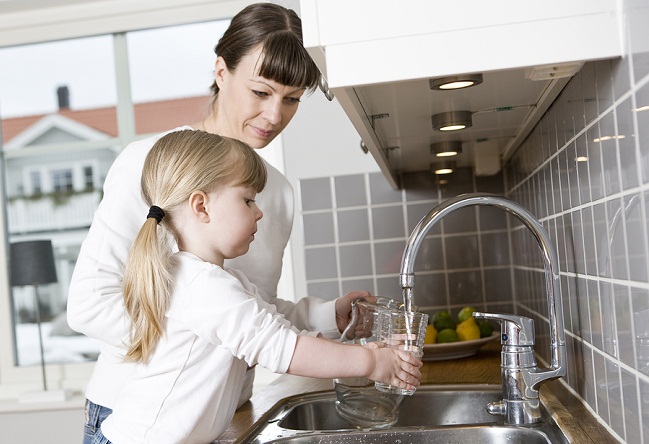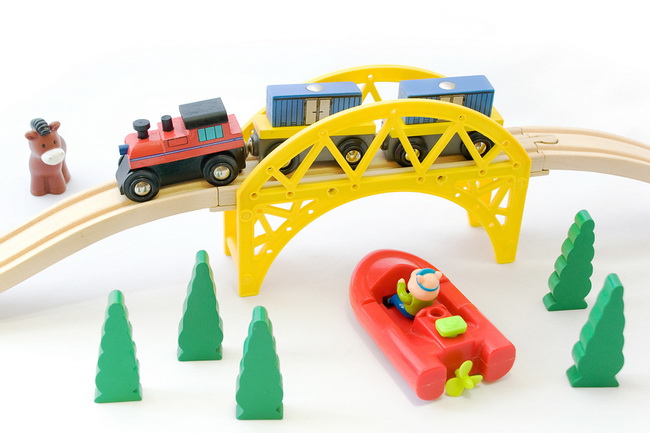- Make It Yourself Lavender Heart-Shaped Bath Bombs!
- 20 Things You Never Knew About “Down There”
- 12 Best Foods For Those Suffering From Arthritis Pain
- 12 Personal Hygiene Mistakes Almost Everyone Makes (Mom Never Told You About #4!)
- 15 Medicinal Plants And Herbs From The Cherokee People
- 12 Mind-Blowing Benefits Of Drinking Coconut Water During Pregnancy
- 12 Outstanding Winter Foods That Won’t Fatten You Up Like A Christmas Turkey
Disinfect Your Home After An Illness To Protect Your Family

Photo credit: bigstock.com
It happens to everyone eventually. You or one of your family members gets sick with the flu, a cold, or some other creepin’ crud, and before you know it, it seems like there are germs are everywhere, and everyone is sick.
You swear that you won’t let that happen next time, but it does. When it comes to the flu or other illness, this is definitely one gift no one wants to give or get, but how can you stop it from happening?
You can greatly cut down on the chances of spreading germs by disinfecting your home after someone has been sick. Viruses, such as influenza, rhinovirus, and SARS can survive on surfaces for hours, according to a 2008 study in the Emerging Infectious Disease Journal.
Disinfecting your home after an illness can greatly help stop the germs from spreading or re-infecting family members.
Keep reading and find out what steps you should take to stop germs before they decide to take over your home this winter.
1. Laundry
There is nothing germs like better than nice warm (sometimes wet) bedclothes, pajamas, sheets, and towels. These items can actually allow germs to live for weeks, which is not good news for the people who live there. At least four percent of the clothing worn by nurses in a children’s intensive care unit had detectable levels of a virus known to cause respiratory infections. More than 68 percent of hospital privacy curtains contained viruses.
How can you stop germs and viruses from making your textiles their home? Soak everything in an oxygen bleach solution for at least several hours. Then wash them using the hottest water that the fabric can withstand without getting damaged. Then put them in the dryer using the hottest setting possible (without damaging your clothes), or put them outside to dry in direct sunlight.
Continue to Page 2

Photo credit: bigstock.com
2. The Bathroom
Bacteria and viruses love bathrooms. They are warm and wet — everything they need to grow and thrive. Bath mats are one of the germiest things in your bathroom, often carrying more bacteria than the toilet! Use vinegar or tea tree oil to disinfect everything in the bathroom. Rinse with hot water. Don’t forget to replace toothbrushes, and wash bathmats, towels, and bathrobes.
3. Electronics
When you or your child is home sick, there isn’t much to do except lie in bed and watch TV, look at our laptops or tablets, play video games, and maybe call friends on our cell phones. Our electronic world has made life easier, but it has also made life easier for germs. They love to live on those surfaces as much as we like using them. One study in 2013 found that out of 50 random cell phones, 100 percent had contaminable bacteria, and 90 percent had viruses. Mix one part of rubbing alcohol and one part water in a spray bottle and spray a microfiber cloth to clean all electronics and remote controls in the home.
Continue to Page 3

Photo credit: bigstock.com
4. The Kitchen
Although we may not use the kitchen as much when we are sick, we are still transferring germs there via glasses, spoons, cups, dish towels, and sponges. If you use a sponge, replace it after someone has been sick. Towels, pot holders, and other washable items can be washed in the washing machine. Disinfect kitchen counters with vinegar and water or a tea tree oil and water solution. You can also wash things such as spoon rests or other items in the dishwasher. Use the hottest setting to kill germs. Also, if you have any rugs on the floor or placemats on the table, wash them also.
5. Points of Contact
Points of contact mean common household surfaces that everyone in the home touches almost daily. They’re things like doorknobs, light switches, thermostat controls, stair railings, faucets, refrigerator handles, microwave doors or touchpads, and toilet handles. Mix one part of rubbing alcohol with one part of water and spray these surfaces. Allow it to work for 30 seconds, then wipe with paper towels or with a towel that you can wash immediately afterwards.
6. Fido and Fluffy
Nothing is more comforting, to both adults and children, when you are sick than Fido or Fluffy lying in bed with you. Although they don’t usually become infected, their fur will carry the virus or bacteria for days. They might not be very happy about it, but after someone has been sick, it’s a good idea to either take the family cat and/or dog to the groomers for a good wash. You can wash them yourself, if you are brave enough.
Continue to Page 4

Photo credit: bigstock.com
7. Children’s Toys
Once your child is on the road to recovery, take some time to wash their toys. Kids like to cling to their stuffed toys or dolls when they are sick, but germs love to hide in these places as well. Most stuffed toys can be put in a pillowcase and thrown right in the washing machine. You might want to dry them outside in the sunshine. Other hard plastic toys can be washed in the dishwasher. If you aren’t certain, you can soak the toys in oxygenated bleach for a few hours, then wash by hand and dry outdoors in the sunlight to kill germs.
8. Open the Windows
If the weather permits, open windows and doors to allow fresh air to naturally prevent infections. When windows are constantly closed, germs and viruses simply multiply since they have no competition, so to speak, from other types of bacteria. Opening the windows and letting in fresh air allows good types of bacteria to flow into rooms and dilute pathogens and viruses that cause illness. Sound strange? This is why hospitals are notorious for passing disease as their windows do not usually open. This overly-sterile setting also kills good bacteria. If it is very cold outside, you might only want to open them for a few minutes at a time; however, if the weather is even halfway decent, open the windows and let the good bacteria in!
READ ALSO: Top 15 Houseplants That Clean The Air And Relieve Stress
9. Empty and Wash Trash Cans
When you are sick, trash cans quickly fill with tissues, paper towels, food, and other contaminants. Trash cans, especially if they have lids, can become nice, warm, protected breeding grounds for germs. Empty trash cans frequently, and wash your hands afterwards. Once the sick person appears to be recovered, wash all trash cans, even if you usually keep them covered with plastic bags. This will ensure no bacteria are hiding in some crevice.
Don’t forget the usual cleaning such as vacuuming, mopping floors, and dusting furniture. Whew! It certainly is a great deal of work, but it will be so worth it.
References:

































